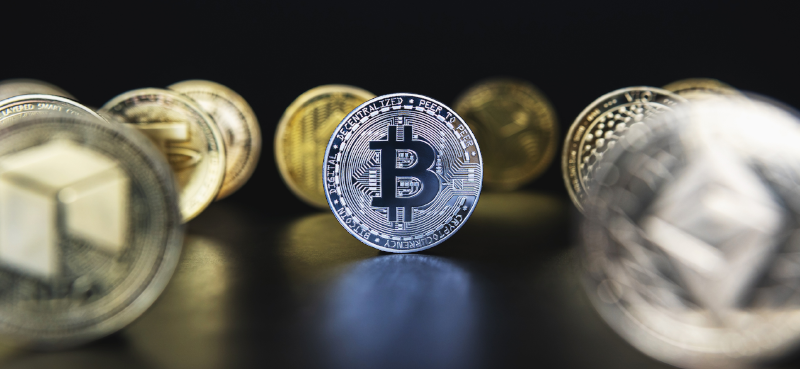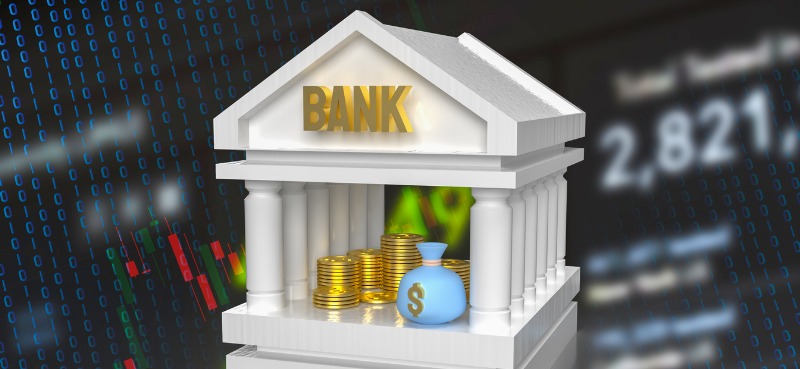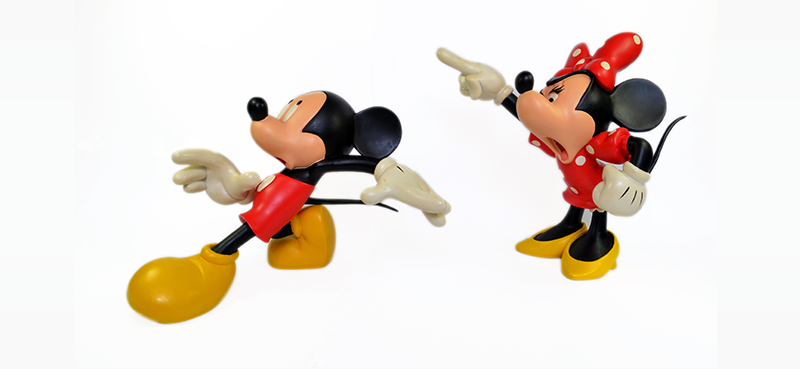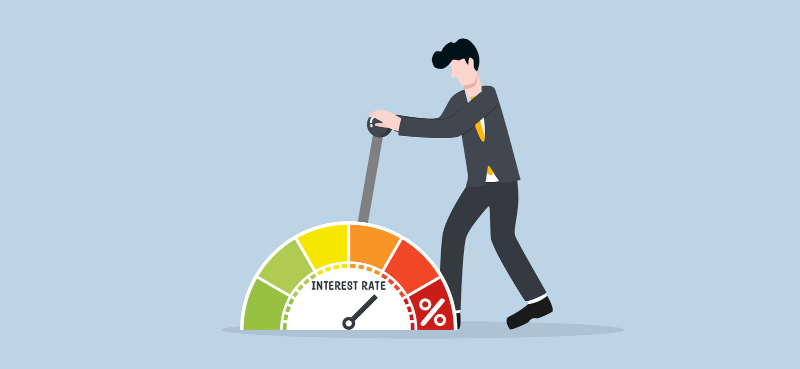By now, everyone has heard of bitcoin.
And you’ve probably come across a ton of articles talking about cryptocurrencies like bitcoin and other digital currencies—many on our Token Tracker site.
If you dig deeper, you’ll run into a ton of tech jargon. It’s inevitable, since digital currencies were created by computer programmers.
But for regular folks, it can get very tedious, very fast. And the more you read, the more complicated it gets.
As many of you know, Curzio’s digital asset—a security token called Curzio Equity Owners (CEO)—will soon be available for free trading. In preparation, we’re getting you up to speed on what this technology is all about… and the various ways companies are using it to their advantage.
The core technology behind digital currencies is called blockchain. But we’re just breaking the surface of all its potential uses.
So today, I’d like to start with what a blockchain does… and why investors should pay attention…
In short, a blockchain is a method of keeping track of information using computer code.
It was first conceived as a financial transaction ledger, where the complete transaction history and the entire database are stored as one single record, in a form of a chain. Every transaction is computational, every party has a unique access code, and no single entity can own or control everything recorded there.
Keep in mind, cryptocurrencies are (basically) computer programs that keep track of information. You can think of them like a spreadsheet program—used by just about every business in the world.
A blockchain-based program works differently than a spreadsheet… and typically uses many computers… but its purpose is the same. It’s all about tracking and storing information.
If something is “blockchain-based,” it’s storing the information permanently in “blocks.” That’s where it gets its name from. Over time, the program creates a long “chain” of information stored as blocks. Every single block has its own place, and removing just one will inevitably break the chain of information.
Simple enough, right?
From here, it gets complicated fast. But we need to cover a few other important features.
A blockchain-based setup makes it possible to create a “decentralized” system. In other words, you can create a worldwide network of computers that all communicate with each other. But the key benefit is that a blockchain can eliminate the middleman—no central entity (like a company or government) has complete control over the records.
By getting rid of the middleman, the system becomes more efficient. It also creates a level playing field for all the “regular” participants, since they can deal directly with each other.
Another important feature of blockchain-based systems is their transparency. In a transparent system, everyone can see what everyone else is doing. Bitcoin is a great example of a transparent blockchain… Everyone sending or receiving bitcoin has their own unique address, consisting of a string of numbers and letters. Using a blockchain explorer (like this one), you can look up the entire history of transactions for any address.
It’s also worth mentioning that blockchain uses a lot of fancy math (or, “cryptography”). The math is a critical part of the code. It creates the rules used to “validate” each piece of new information (usually by having multiple computers double-check everything).
The important thing to understand is that the system is designed to be as error-proof as possible… with transactions in a particular “chain” visible to all its participants—whose identities are still hidden. The goal is to eliminate fraud while giving participants a certain level of control over data.
Now, let’s take a quick look at why blockchain technology is important.
As you can probably tell, blockchain is especially useful for keeping track of transactions. It might sound boring, but the entire global economy revolves around transactions—billions of them happen every day.
For example, imagine you’re running a credit card company. Millions of people around the world are using your payment network. Every minute, you’re getting thousands of new transactions. You’ve got to keep track of all the historical data for each of your customers… while constantly adding new data. Plus, you need to be able to go back and reverse any fraudulent charges that get discovered.
This is just one example. Most businesses need to keep track of a lot of transactions. That’s why they have entire accounting departments and countless specialized software programs.
Put simply, blockchain is about to change the way business gets done. The technology has been around for barely a decade. We’ve already seen it propel bitcoin into a household name. And thousands of companies are working to find ways to incorporate the technology to solve problems and improve processes.
That’s why blockchain has so much potential. It could be used across a huge range of applications, including financial transactions, health care records, inventory and supply chain management, and plenty more.
But it’s the financial companies where the use of the blockchain technology—in particular, in its cryptocurrency form—comes naturally. Like PayPal (PYPL), with its plans to launch a new service enabling its customers to buy, hold and sell cryptocurrency directly from their PayPal accounts.
Supply chain applications are growing, too. De Beers, the world’s largest diamond company, already uses blockchain to enable tracking each diamond’s history. Unilever (UL) and Walmart (WMT) now use blockchain to track more prosaic items’ movements throughout their massive supply networks. And Kroger (KR), a supermarket giant, uses blockchain to better track and trace various food items from farms to store shelves.
These uses are growing—as is the number of companies looking at blockchain technology as a way to gain competitive advantages over their peers, or simply improve the way they do business.
To play the future of blockchain in a more direct way, you can invest in cryptocurrencies or digital assets like security tokens. (Learn what makes security tokens unique here.)
Another way is to look at the handful of leading tech companies set to profit directly from blockchain adoption. Next week, we’ll discuss a couple of household tech names with a stake in blockchain—and the potential benefits for investors…
Editor’s Note:
Frank calls companies on the leading edge of blockchain tech “cryptostocks.” And one of these names is already up 236% for Curzio Research Advisory members.
Sign up for your risk-free trial here—and you’ll not only have access to Frank’s favorite blockchain plays, but his Secret Cryptostock Playbook—an 11-point system for identifying cryptostock winners…





















